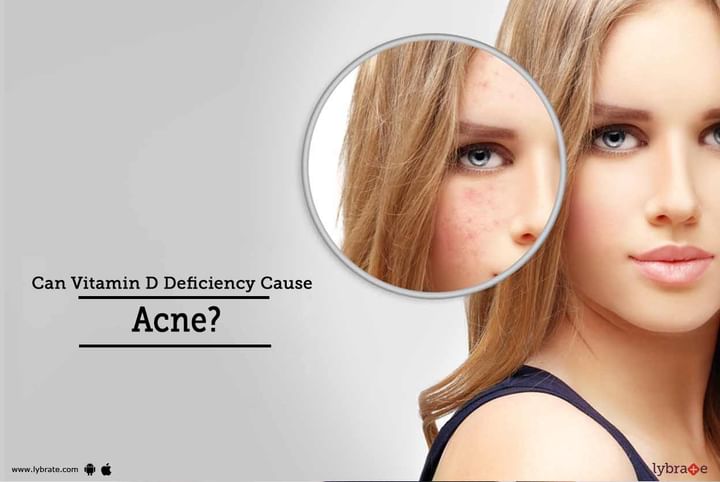Can Vitamin D Deficiency Cause Acne?
Acne is a major and serious skin health problem nowadays. It is an extremely common skin condition that probably affects all of us at some point or another in our lives. One must realize that it is not just a cosmetic problem but also a terrible skin disease that has been thoroughly researched. Moreover, this common skin condition can be caused by a variety of factors, but one of the most contentious is the deficiency of vitamin D. This article will help you understand what really causes acne and how it can be prevented at the same time.
Acne is a condition that mostly teenagers are afflicted with, and although it is normally a temporary problem, it can be very frustrating and distressing at times. Besides, you must know that vitamin D is a natural hormone that is produced in the skin when it is exposed to the ultraviolet rays of the sun. Some researchers have recently found or theorized that vitamin D deficiency might be responsible for causing acne.
What's Mainly Responsible for Acne?
Acne is a skin problem that is very common, especially for teenagers. The root cause of acne could be the sebaceous glands producing extra sebum, which is an oily substance present in the body. This may further clog up the pores of the skin and cause breakouts. Although there can be a number of causes or factors that lead to acne, vitamin D deficiency may also be linked to this skin condition. You must know that low vitamin D levels may be a sign of the immune system's improper functioning. In this case, the immune system can make antibodies that further attack the skin, which may result in these breakouts or acne.
What's the Role of Vitamin D?
The likelihood of having acne increases with a lack of vitamin D production. It must be kept in mind that the production of this vitamin can be hampered by the levels of glycolic acid and sebum. Vitamin D is without a doubt a very important or essential vitamin for a person’s body. However, people these days are usually deficient in it. This deficiency can have many effects on our bodies, including making us prone to acne. Moreover, a study recently conducted at Stanford University showed that about 40% of students who came to their medical experts complaining about acne were also suffering from vitamin D deficiency at the same time.
How Can Acne Be Prevented?
Acne is certainly one of the most common health issues in the entire world. Based on the statistics, almost 50% of teenagers and young adults suffer from acne from time to time in their lives. According to a number of research and studies conducted across the globe, vitamin D has a strong connection with acne. These studies observed that acne patients are usually Vitamin D deficient. With that said, we must also tell you that there are a few very effective ways to prevent this condition. Read on if you want to explore those ways and methods.
Vitamin D is something that most people never consider as a factor in their health. However, research has proven time and time again that it is one of the most important things that a person can have. In addition to helping in the prevention of many different health issues, Vitamin D can also help a person to have healthier skin.
Acne and other skin issues affect a large portion of the world's population. This is mainly because our bodies are not capable of producing enough vitamin D to fight off these issues. Furthermore, we must tell you that one of the easiest ways to increase your vitamin D is to expose your body to the sun for about 10 to 15 minutes every day.
Conclusion
Now let us come back to the question that has been asked in the title of this article: Can vitamin D deficiency cause acne? The short answer to this question is, yes. Acne can undoubtedly be caused by a vitamin D deficiency. Vitamin D has been shown to help regulate the production of sebum, and studies have shown that children with low vitamin D levels are more likely to get acne. It can also help boost the immune system and prevent other skin infections, making it even more important to get enough vitamin D. Furthermore, we just hope that you find all the information and details given in this article useful. Please feel free to share your feedback with us!



+1.svg)
